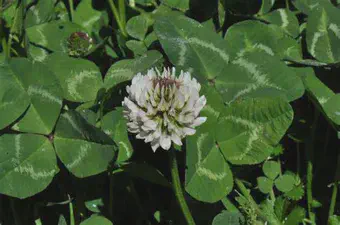Plant Ecology and Evolution in Agroecosystems
 Muestreo 2022
Muestreo 2022
Plants are the key as they produce most of the organic energy that sustain life and ecosystem processes on earth. This organic energy can be in live organisms or dead matter and sustain plant-based trophic food webs or detritus-based trophic webs. Human activities are changing the entire planet at an unprecedented rate - so there is no ecosystem out of their influence. This is more relevant under the existing compromise between producing food for a growing wealthy population settled in even bigger cities and nature conservation. Our interest is to investigate how plants survive, grow, and reproduce under environmental contexts characterized by the scarcity of resources (nutrients / water) and incidence of stress factors [some of natural origin (e.g., high temperatures, UV-B radiation, ozone) and others of anthropic origin (e.g., pesticides)]. In this regard, we are specifically interested in understanding what are the functions that symbiotic microorganisms fulfill in the ability of plants to accommodate / adapt to the abiotic environment and in particular, in defense against biotic threats (herbivores and pathogens). Never before, two big impulses lead our work and fall under the umbrella of the ecology and evolution in agroecosystems: (1) The genuine interest in understanding the drivers behind the organization of nature – from genes to ecosystems, and (2) The necessity to find solutions to the global challenges such as climate change and food security. Our research integrates plant physiology and microbiology with ecology and evolution (which involve plant interaction with biotic threats (herbivores and pathogens) and abiotic stress factors. We are a fundamental piece in the society - running research projects and forming young scientist that will be in charge of solving the coming environmental issues.
Postdoctoral researchers
Doctoral researchers
- Frank Zarraga 2021-2025. Respuestas transgeneracionales en plantas mediadas por microorganismos simbióticos de transmisión vertical. Doctoral fellowship supported by University of Talca, Chile.
Technician
- Sebastian González He obtained his Doctorate in Science DBVB program at the Institute of Biological Sciences of the University of Talca, Chile. His expertise is on molecular biology.
International collaborators
- Professor Marc Johnson (PhD) – Director of the Centre for Urban Environments, University of Toronto Mississauga, Canada.
- Professor Kari Saikkonen (PhD) – Biodiversity Unit of the University of Turku, Finland.